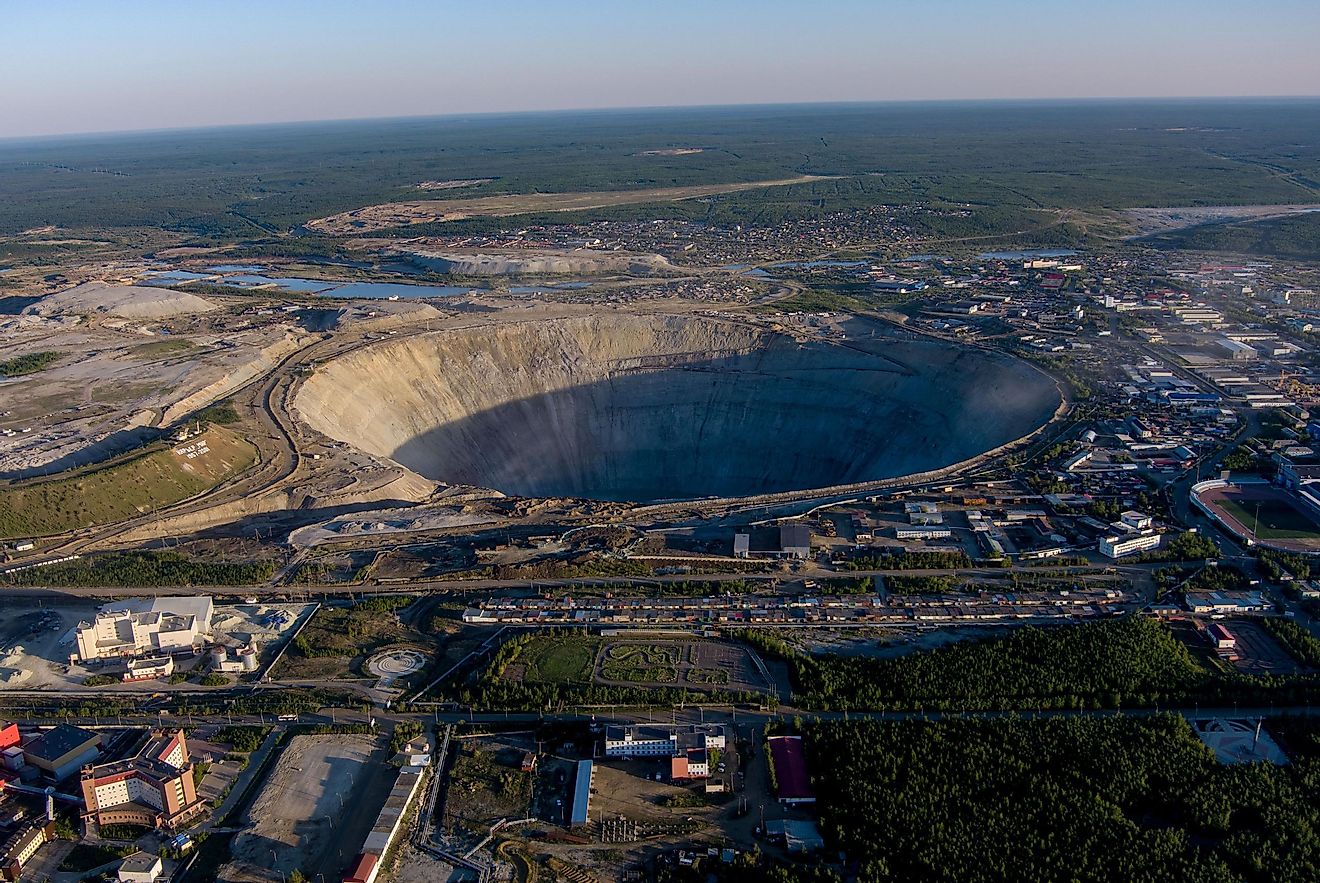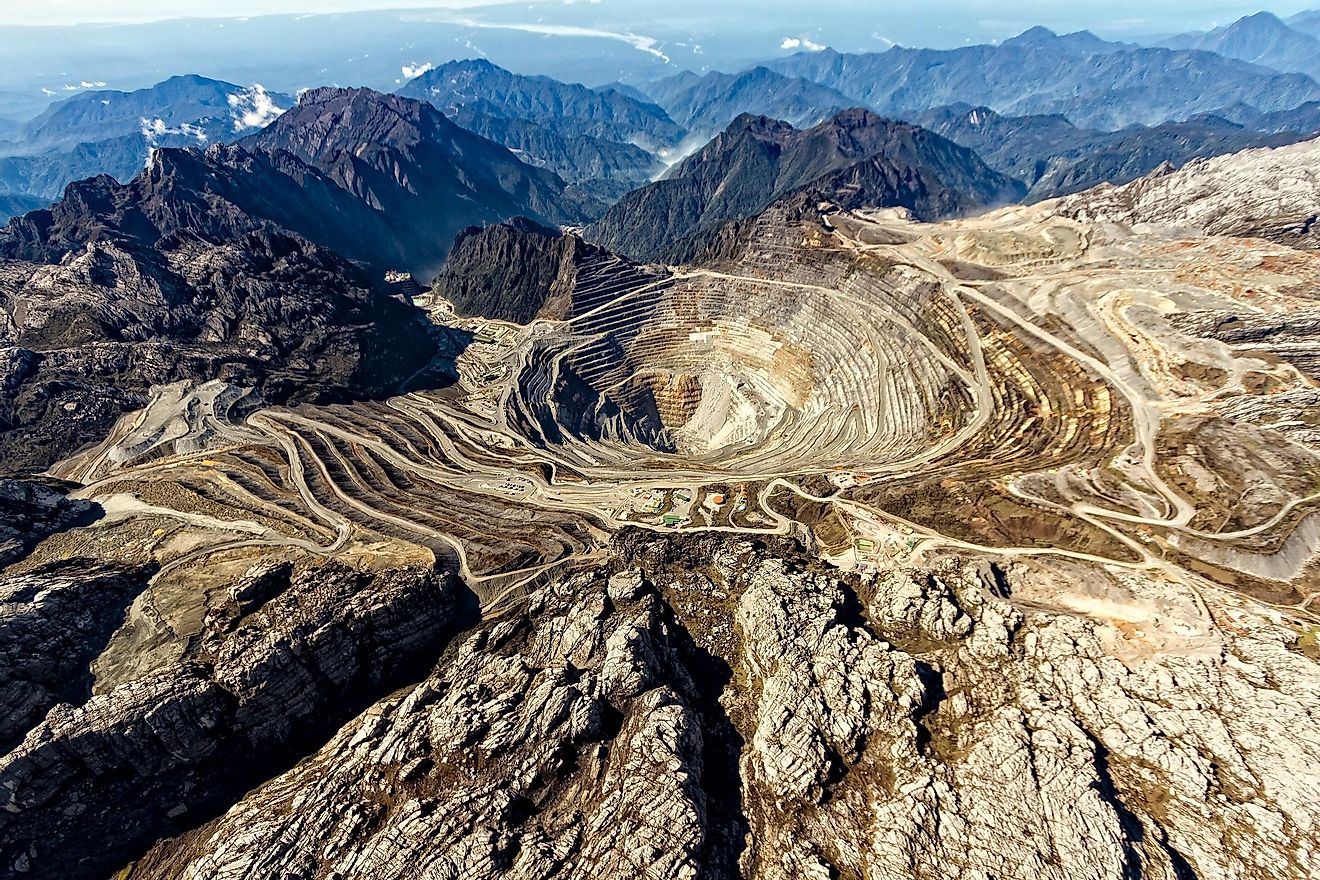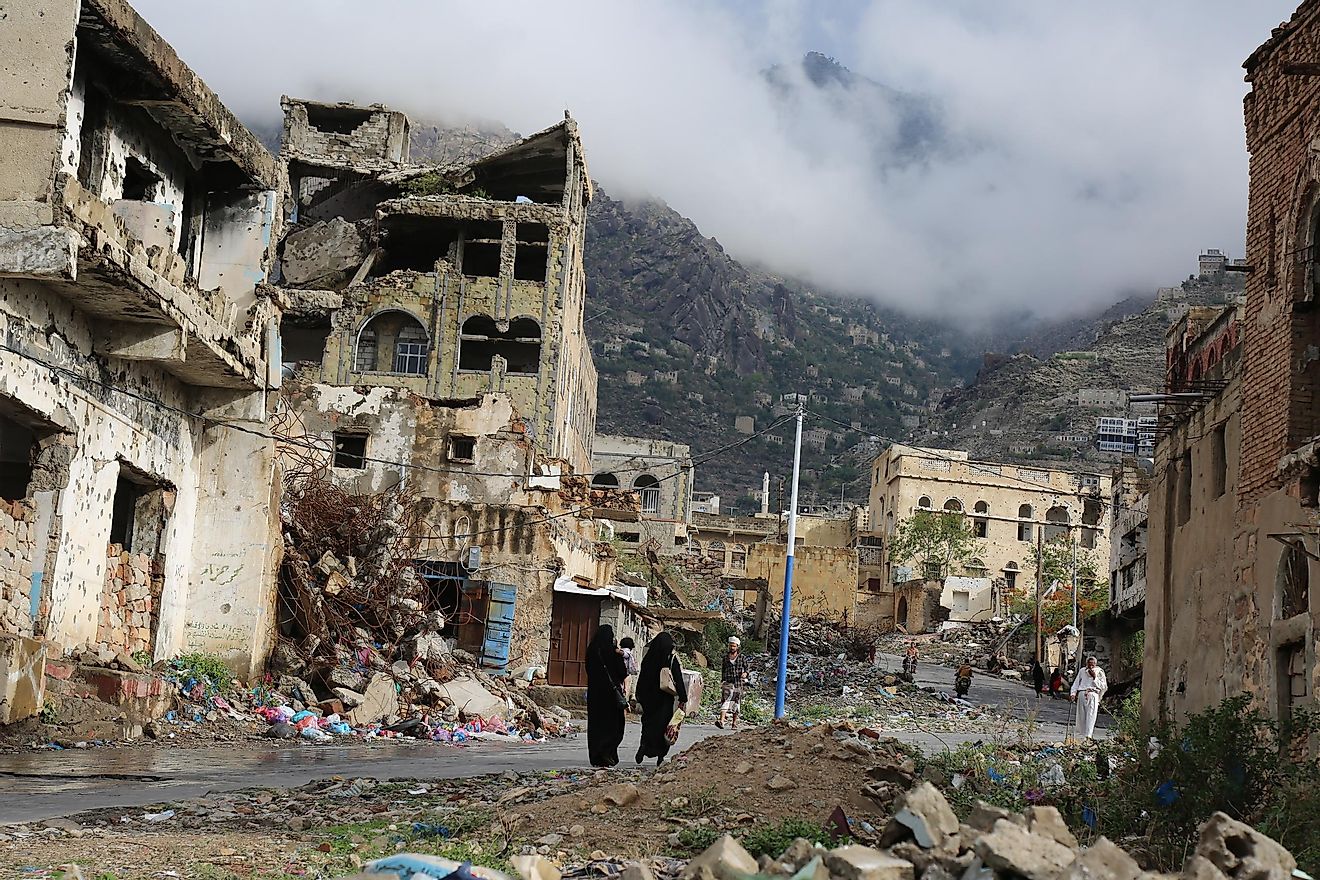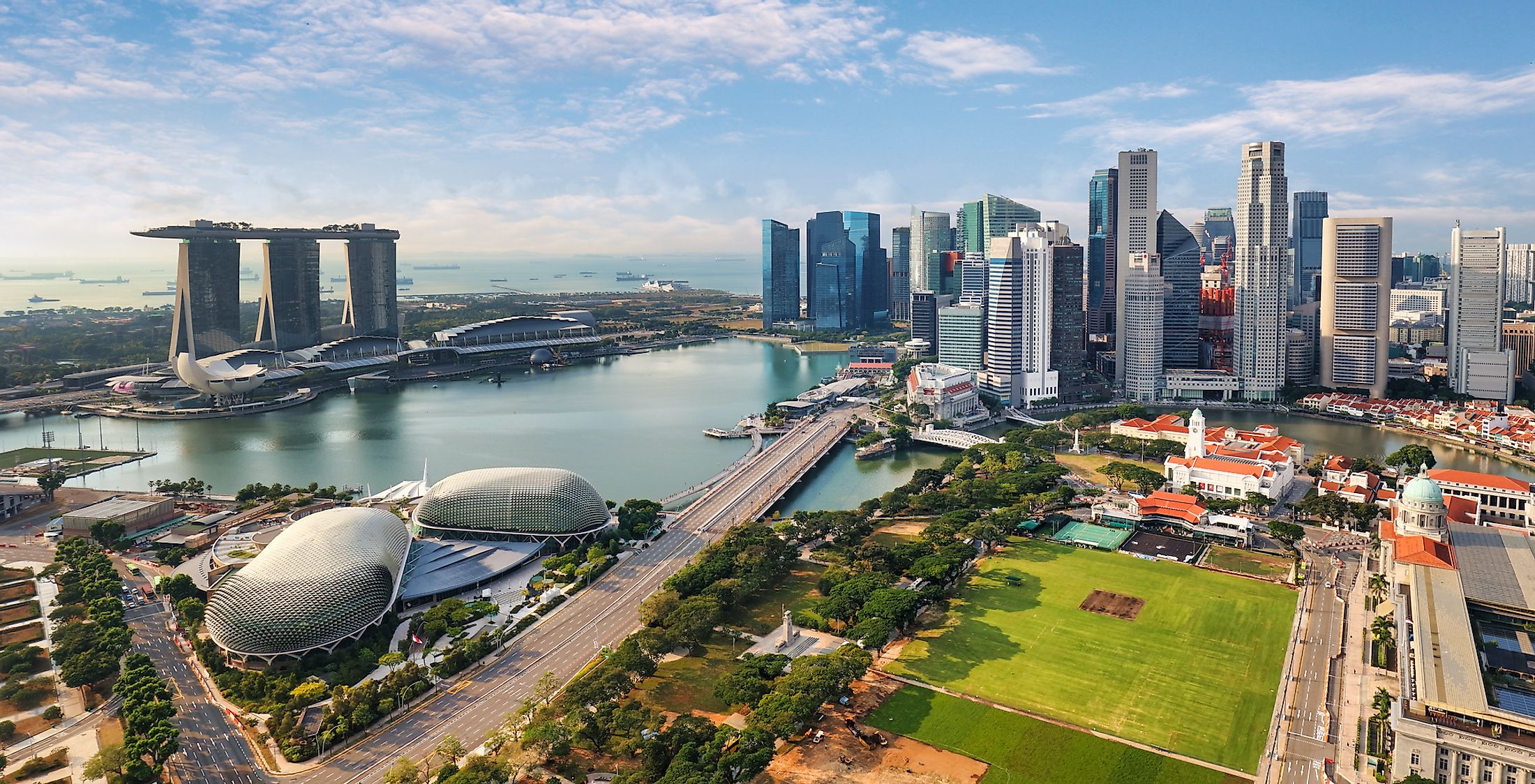
The Richest Countries in Asia
With their high-end fashion boutiques, Michelin-starred restaurants, and private yachts lining the ports, it is clear that Asia's richest citizens know how to live in style. This expansive continent is home to some of the world's wealthiest nations, with a combined GDP of over $41 trillion. These fabulously affluent countries are diverse in their economic strengths and political landscapes, ranging from small city-states to massive economies with populations exceeding 100 million. The following is the list of Asia's wealthiest nations ranked in order of GDP Per Capita (PPP).
The 10 Richest Countries in Asia
- Singapore - $140,280
- Qatar - $123,039
- United Arab Emirates - $81,753
- Bahrain - $60,532
- Saudi Arabia - $58,736
- Israel - $54,750
- Kuwait - $53,841
- Cyprus - $52,057
- Japan - $51,594
- Oman - $42,980
1. Singapore - $140,280

Singapore's prosperity is not hindered by its limited natural resources. The country has established itself as an epicenter for financial services and boasts strong manufacturing, transport, engineering, logistics, electronics, biotechnology, and chemical production industries. Its excellent infrastructure promotes domestic and foreign investments, while its commitment to high-quality education maintains its capable working class, and Singapore's investments in tourism sustain an influx of visitors. The government's progressive policies attract individuals and corporations worldwide, reinforcing Singapore's appeal and contributing to its wealth.
2. Qatar - $123,039
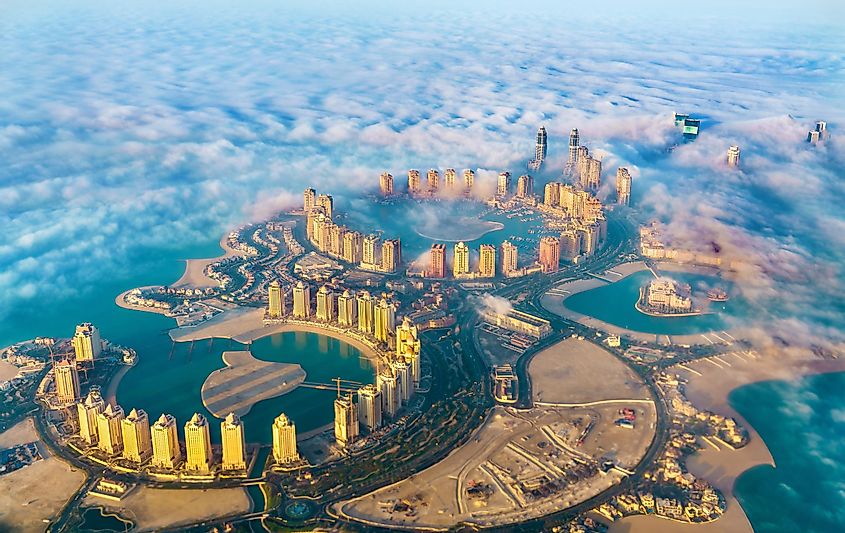
Qatar, a central Middle Eastern country known for hosting the recent FIFA World Cup 2022, has made remarkable progress since gaining independence from Britain in 1971. Despite its humble beginnings in the fishing industry, Qatar has harnessed its significant oil reserves to become one of the world's wealthiest nations, with exports contributing significantly to its GDP since 1997. In addition to oil, Qatar has invested heavily in tech startups and financial institutions while diversifying its portfolio through shrewd investments in hedge funds and foreign real estate on the international scene. The astute fiscal management demonstrated by Qatar over a relatively short period is truly impressive.
3. United Arab Emirates - $81,753

The United Arab Emirates is a dynamic nation with a flourishing economy that's on the rise. With its reputation for lavish lifestyles, Abu Dhabi, the capital city, has emerged as a prominent center for business and tourism across the globe. While oil production remains a significant source of prosperity, the government has taken measures to expand its revenue streams by investing in technology and renewable energy sectors alongside substantial infrastructure development initiatives. By prioritizing progress and innovation, the UAE is poised to cement its position as a prosperous nation for years to come.
4. Bahrain - $60,532
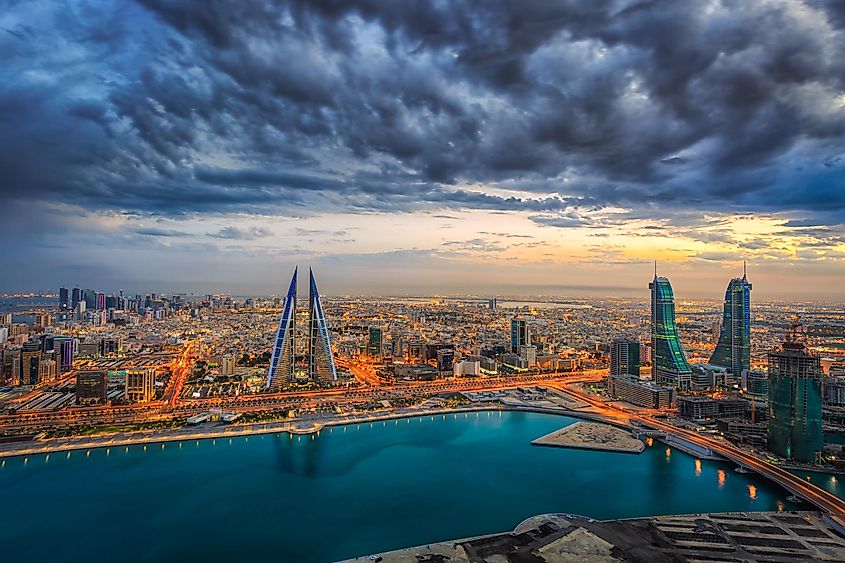
Bahrain is one of the wealthier countries in Asia due to its strategic location and strong economic policies. As a small island nation situated in the Persian Gulf, Bahrain has been able to capitalize on its position as a key trading hub between Europe, Asia, and Africa. The country has a well-developed financial sector, which includes Arab finance institutions that are increasingly popular in the region.
Additionally, Bahrain has invested heavily in infrastructure projects such as transportation and telecommunications, which have helped attract foreign investment and businesses. The government has also implemented policies to diversify the economy beyond oil production by promoting sectors such as tourism and manufacturing. Finally, Bahrain's relatively small population compared to other Asian countries means it can allocate resources more efficiently towards human development initiatives such as education and healthcare.
5. Saudi Arabia - $58,736
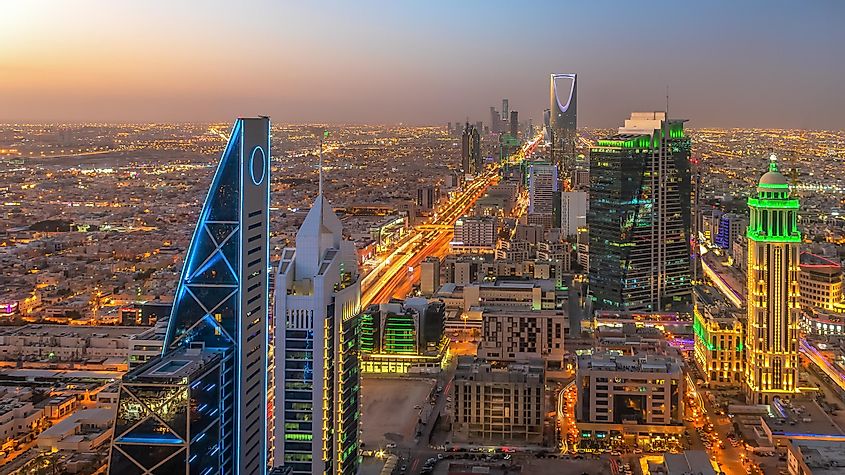
Saudi Arabia has become a wealthy country primarily due to its vast oil reserves. The discovery of oil in the 1930s transformed the Saudi economy, leading to rapid development and growth. The country has since become one of the world's largest oil producers and exporters.
In contrast, many other Asian countries and territories, such as Japan, South Korea, and Taiwan, have developed their economies through manufacturing and technological innovation. These countries have invested heavily in education, research, and development to create advanced industries that produce high-quality goods for export.
While Saudi Arabia has tried to diversify its economy beyond oil, progress has been slow. An example of those efforts is that the Saudi Arabian Public Investment Fund is popularly noted for owning 7% of Nintendo. The government has implemented economic reforms aimed at reducing dependence on oil revenue, but challenges remain in attracting foreign investment and developing new industries.
6. Israel - $54,750
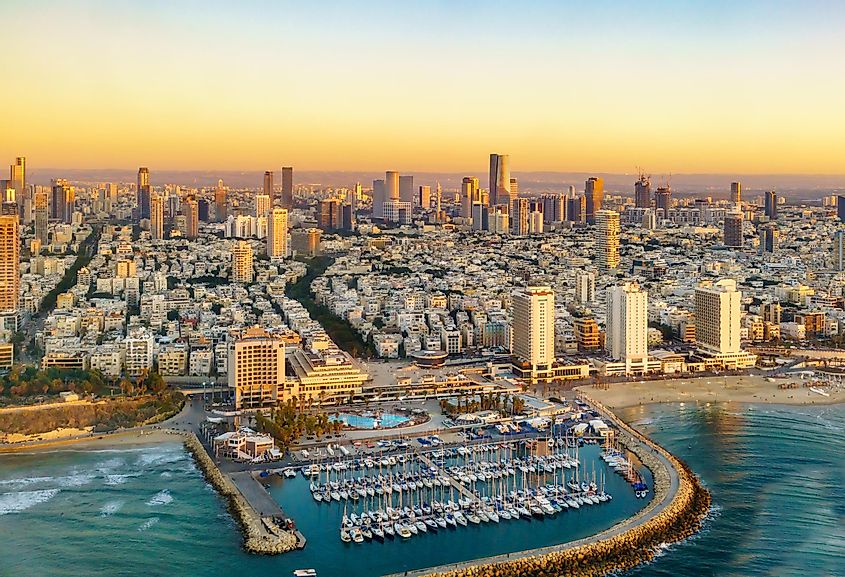
Israel has amassed its fortunes through a combination of factors, including innovation, entrepreneurship, and strategic investments in key sectors. Unlike many other Asian countries that rely heavily on natural resources or cheap labor, Israel has built its economy around technology and knowledge-based industries.
One of the key drivers of Israel's economic success is its thriving startup ecosystem. The country is home to over 6,000 startups and has the world's highest number of startups per capita. This attraction is partly due to government support for research and development and a culture that values risk-taking and innovation.
Additionally, Israel has invested heavily in fields such as biotechnology, cybersecurity, and renewable energy. These industries have helped drive growth and attract foreign investment.
Another factor contributing to Israel's wealth is its highly educated workforce. The country has a strong emphasis on education and produces a high number of graduates in science, technology, engineering, and math (STEM) fields.
7. Kuwait - $53,841
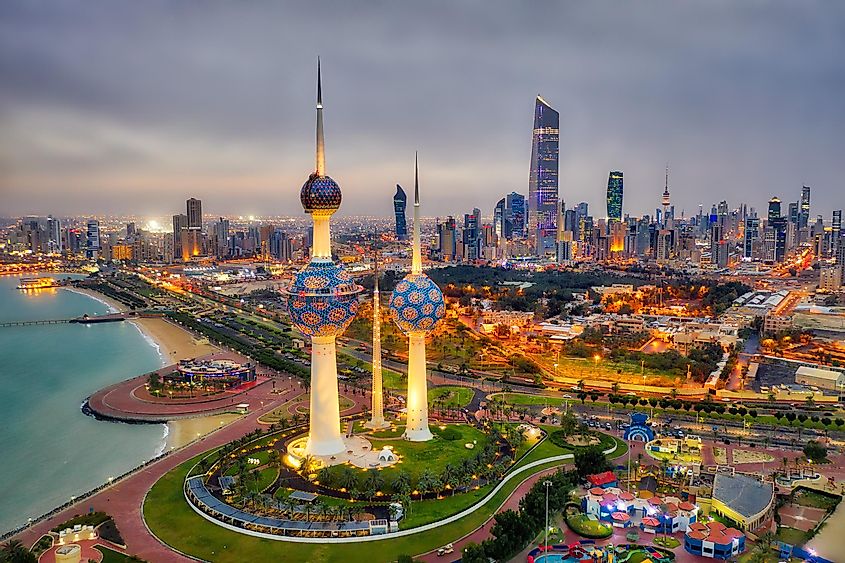
Kuwait's wealth can be attributed to many factors, including its abundant oil reserves, strategic location as a trading zone, and proactive government policies. Unlike many other Asian countries that have experienced economic growth in recent years, Kuwait's wealth is largely based on its natural resources.
Since the discovery of oil in the 1930s, Kuwait has been able to leverage its vast reserves to generate substantial revenue through both domestic consumption and exportation. This duality has allowed the country to invest heavily in infrastructure and public services, including healthcare, education, and transportation.
In addition to its oil wealth, Kuwait has also benefited from its position as a major trading center for the Gulf region, similar to several other countries on this list. The country's central location makes it an ideal crossroad for international trade and commerce, which has further boosted its economy.
Finally, Kuwait's government has played a key role in promoting economic growth by implementing policies encouraging foreign investment and supporting small businesses. These efforts have helped to diversify the country's economy beyond just oil production and create new opportunities for entrepreneurs and investors alike.
8. Cyprus - $52,057
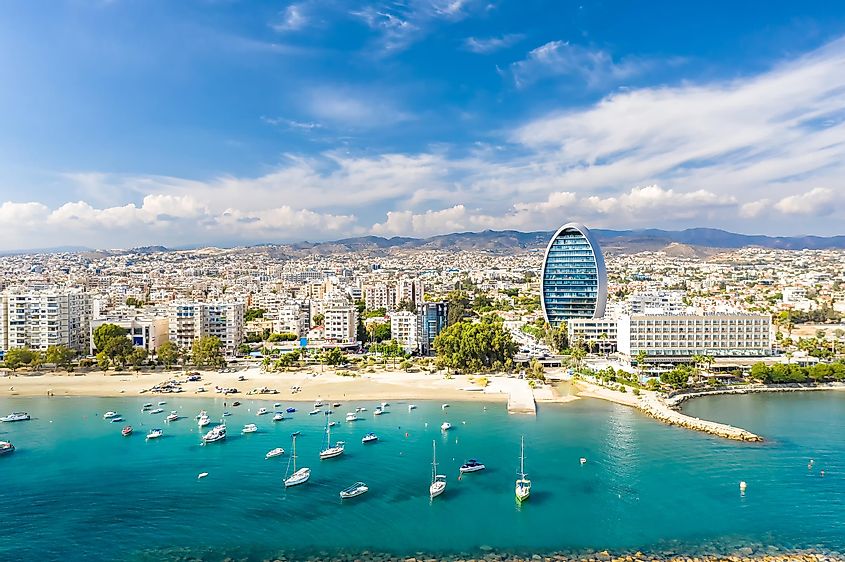
Cyprus is technically an Asian country, although many consider it a European island nation located in the eastern Mediterranean. Regardless, Cyprus has undoubtedly found a way to achieve significant economic growth and wealth in recent years.
One of the main factors contributing to Cyprus' economic success is its strategic location at the crossroads of Europe, Africa, and Asia. This has made it a junction, over thousands of years, for international trade and investment.
Additionally, Cyprus has a well-educated workforce and a business-friendly environment that encourages entrepreneurship and innovation. The government has also implemented policies to attract foreign investment and promote tourism. Cyprus' economy is diverse, with key sectors including financial services, shipping, tourism, real estate, and energy. The country has also developed strong ties with other countries in the region, such as Israel and Egypt.
9. Japan - $51,594

Japan's financial success in the last century can be attributed to a combination of factors. Following World War II, Japan underwent significant economic reforms that led to the creation of a highly efficient manufacturing sector. The country also invested heavily in infrastructure, education, and research and development. Additionally, Japanese businesses adopted a culture of innovation and continuous improvement, known as "kaizen," which helped them stay ahead of competitors.
Another factor contributing to Japan's economic growth is its strong government-industry partnership. The Japanese government has played an active role in promoting industries it deems strategically important, such as electronics and automobiles. This support has helped Japanese companies gain a foothold in global markets.
Finally, Japan's high savings rate has allowed for sustained investment in both domestic and foreign markets. While other Asian countries have experienced rapid economic growth in recent decades, Japan's long history of economic success has made it a leader among its peers.
10. Oman - $42,980
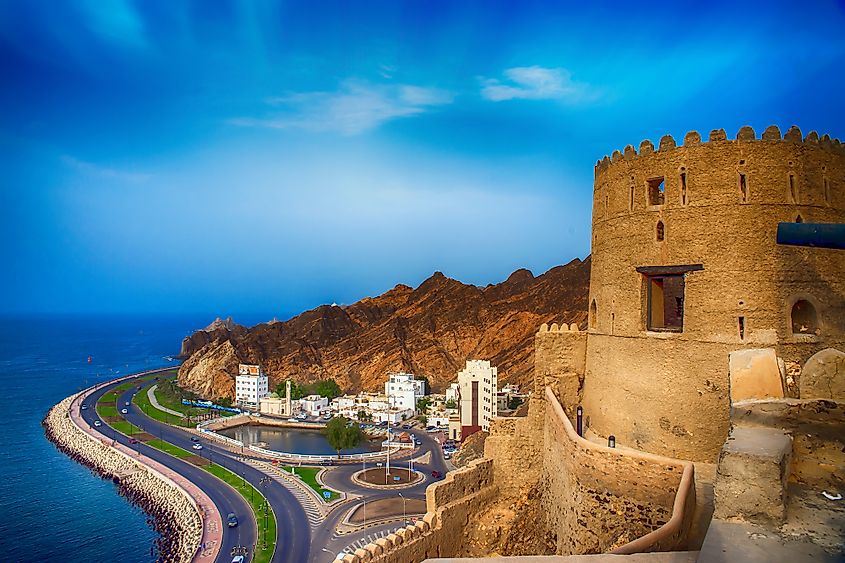
Oman's financial success can be attributed to a combination of factors. Firstly, the discovery of oil in the country in the 1960s led to a significant increase in revenue and investment in infrastructure and development projects.
Additionally, Oman has implemented economic diversification policies to reduce dependence on oil exports and expand other sectors, such as tourism and logistics. The government has also prioritized education and human capital development, leading to a highly skilled workforce that attracts foreign investment.
Furthermore, Oman has pursued a policy of political stability and neutrality in regional conflicts, creating a favorable environment for business growth. Finally, Oman's strategic location at the crossroads of Asia, Africa, and Europe has made it an important trade hub, further boosting its economy.
While these countries may differ significantly from each other culturally or politically - they share a common history of trade and commerce dating back centuries ago on the Silk Road. Trading has been foundational for Asia for countless millennia, and these countries have continued to leverage their geographic advantages to build thriving economies. From Singapore to Japan and Israel to Saudi Arabia, these nations have achieved remarkable success in various sectors, such as finance, technology, and manufacturing. As they continue to invest in innovation and infrastructure, these countries will likely remain at the forefront of global economic growth for years to come. Their accomplishments serve as an inspiration for other nations seeking to achieve similar levels of success.
The 20 Richest Countries in Asia
| Rank | Country | GDP Per Capita (PPP) |
|---|---|---|
| 1 | Singapore | 140,280 |
| 2 | Qatar | 123,039 |
| 3 | United Arab Emirates | 81,753 |
| 4 | Bahrain | 60,532 |
| 5 | Saudi Arabia | 58,736 |
| 6 | Israel | 54,750 |
| 7 | Kuwait | 53,841 |
| 8 | Cyprus | 52,057 |
| 9 | Japan | 51,594 |
| 10 | Oman | 42,980 |
| 11 | Malaysia | 35,353 |
| 12 | Maldives | 33,379 |
| 13 | Kazakhstan | 32,947 |
| 14 | China | 23,038 |
| 15 | Thailand | 22,644 |
| 16 | Georgia | 21,379 |
| 17 | Turkmenistan | 19,726 |
| 18 | Azerbaijan | 18,310 |
| 19 | Armenia | 18,007 |
| 20 | Indonesia | 15,765 |
